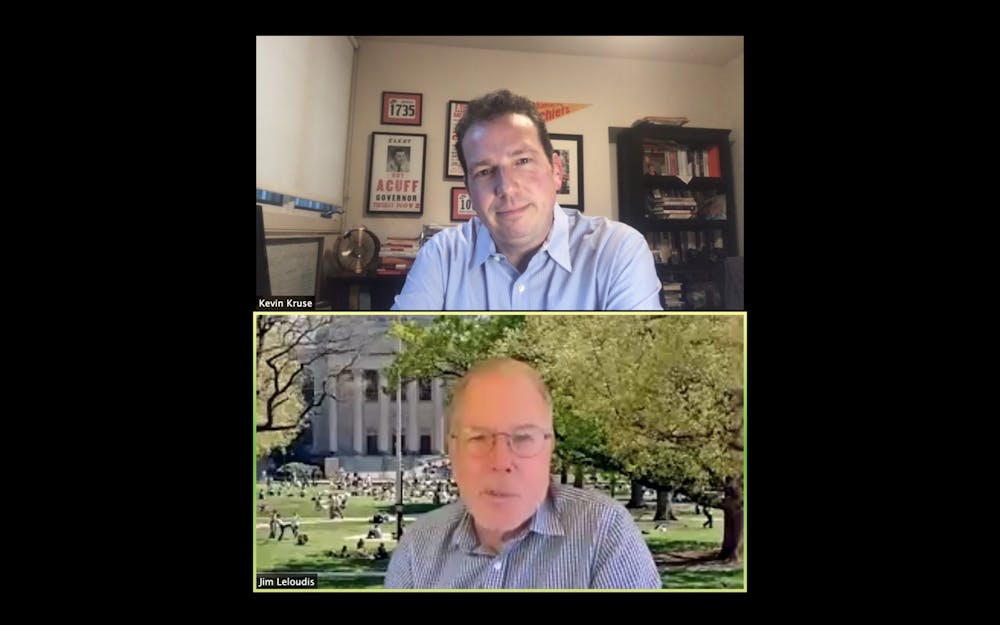Honors Carolina recently hosted a lecture with UNC graduate and Princeton history professor Kevin Kruse about how the history of American politics correlates with the present.
The Hillard Gold ’39 Lecture, called The Making and Unmaking of Politics in Contemporary America, was held Sept. 30 over Zoom.
Kruse specializes in the history of the 20th century with an interest in the making of modern conservatism and conflicts on race, religion and rights.
During his lecture, Kruse discussed American history post-1970s and how it correlates with the trends of the 21st century elections and partisan issues in the government.
Kruse said that history since 1974 has had a significant impact on how Americans view the media, economy, racial division and issues of bipartisanship within the government.
He said the different aspects of the 1970s can be broken down into three categories that helped change the course of American history: economy, media relations and the polarizing views on bipartisanship within the government.
First, Kruse said that since the 1970s, America has unraveled a new and expanding economy that pulls the old working class into a new middle class with the rise in union jobs.
“(This period) lifted large numbers of Americans out of the working class and into a middle-class lifestyle of comfort and stability,” Kruse said. “That sense of an expanding economy and that promise of American capitalism helped paper over a lot of other divisions.”
He said some divisions include the divide between the American population and the faith in the federal government post-Watergate and post-Vietnam war.



